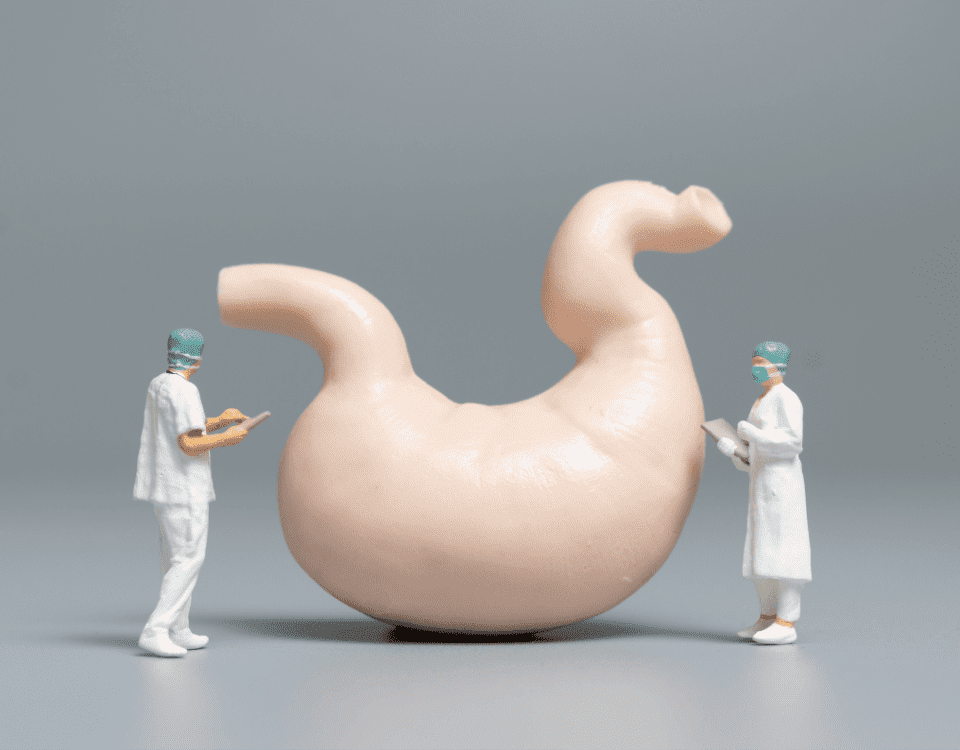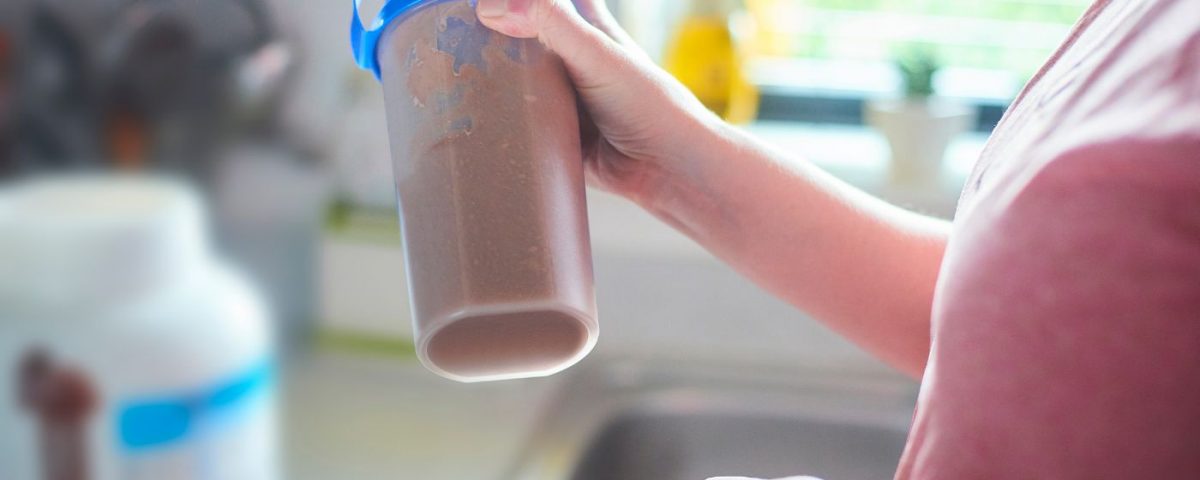
When it comes to what you can ingest directly after, and in the weeks following your bariatric surgery, your intake will consist of two different recovery stages including a fluid stage and a puree stage. Following this diet post-surgery will minimise swelling of the digestive tract and allow your stitching to safely heal. While there is a lot of information available online and within bariatric support groups about post-operative diets, only your surgeon and dietitians know your medical history and your body. While we have put together this brief guide to your recovery diet, different types of surgery each have a different effect on the stomach. Your surgical support team is who will be guiding and monitoring your post-operative journey back to improved health, so trust their recommendations for a smooth recovery.
Recovery Stage 1: Fluid Diet
If you’ve just woken up in hospital from surgery, you’ll be groggy and most likely, thirsty. At this time though and over the coming days, it is important to only ingest small amounts of fluid. In the hospital, you may be advised to start on clear fluids. You’ll be advised when you can progress to other fluids and different drinks.
During this stage, remember to sip slowly! If you gulp large amounts, it could cause you pain and discomfort or even vomiting. Imagine you are drinking a cup of tea or coffee, or allow yourself small amounts from a medicine cup. We know this can be frustrating, especially if you feel you really need to parch your thirst. As far as the definition of fluid is concerned, the liquid needs to be thin enough to pass through a straw. This means thicker soups or purees are unsuitable during this phase.
While you or your surgeon may have specified that you are on a fluid or liquid diet following bariatric surgery, the hospital kitchen may still accidentally send a tray of food. As tempting as it is, solid food must be completely avoided during the first recovery stage. It’s not all bad news though. Over the next few days, you can start enjoying a variety of fluids that actually have some flavour! Our team will provide you with a range of smoothie and juice recipes that include fresh fruits and vegetables. You can also enjoy a range of soups and shakes.
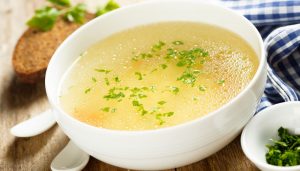
Getting protein into your fluid diet
Just as protein aids muscle repair and growth, it helps repair the body after surgery. Obviously, one of the best sources of protein is lean meats, but thankfully, there’s no need to go popping chicken breasts and steaks into a blender. You can meet your post-surgery protein targets with the inclusion of protein powder designed for Very Low Calorie Diets (VLCD). The VLCD milkshakes or soups that you used on the pre-surgery diet are great options for your fluid diet recovery stage. To make sure you are choosing a high protein powder, a good rule of thumb is to look for those that contain one gram of protein for every gram of carbohydrate. At Winnett Specialist Group, our dietitians recommend Australian-owned brand Formulite for high protein, low-calorie shakes and soups that are also high in vitamins and minerals. You can also introduce clear protein water, or add protein powder to other beverages.
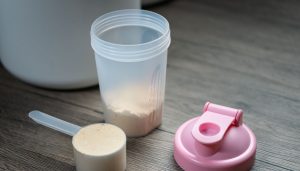
How long do you have to stay on a fluid diet after surgery?
Look to your support team for advice on the optimum length of time you should remain on a fluid diet. Generally, most patients have to remain on a fluid diet for at least 2 weeks post-surgery.
Recovery Stage 2: Smooth Pureed Diet
Being on a fluid diet isn’t easy, but it is an important step in your successful recovery. When you get to recovery stage 2, keep up the great work! During the second recovery phase, you’ll be able to enjoy smooth pureed foods. This includes smooth, moist food that is free from lumps. As a rule of thumb, you can eat foods with the consistency of silky mashed potatoes. Once again, depending on the surgery you have had, your support team will give you a recommendation for exactly when you should switch to a pureed diet, and how long you need to stay on it.
While it’s tempting at this stage to sneak in a few soft serve treats, remember that your body needs as much nutrition as possible. There’s a range of foods such as yoghurt and custard that you can eat in this phase, but try to avoid foods with high sugar content. While baby food is technically pureed, these formulations often don’t have adequate nutrition for adults.
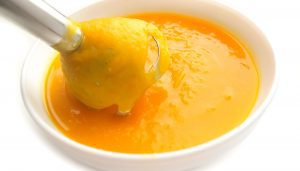
What can you eat in the pureed diet phase?
Once again, protein is paramount. Getting plenty of protein into your body through pureed foods will continue to aid healing. If you are pureeing meats to boost your protein intake, remember that plenty of fluid is needed to break down the components. Grilled or cooked meats do not break down easily. High protein foods that are easiest to puree are those cooked in liquid such as casseroles, stews and mornays. They can also be easily frozen in portions ready to heat and eat.
Pureed food ideas:
- Pureed casseroles, stews or mornays with meat, fish or legumes
- Low-fat or natural yoghurt (high in protein)
- Pureed baked beans
- Smooth, low-fat cottage cheese
- Smooth, low-fat ricotta
- Low-fat custard
- Pureed fruits and vegetables
- Smooth mashed potato or sweet potato
- Soaked weet bix
Here at Winnett Specialist Group, we will provide you with a range of pureed recipes to offer variety and nutrition over the course of your surgery journey.
Allow yourself more time to eat
Just as you sipped your meals on a liquid diet, you must eat your pureed meals slowly. Your stomach is recovering and adjusting to its new size. Ingesting too much too soon, even pureed, could cause extreme discomfort. Because the food you are now eating is thicker, your body needs more time to receive and digest it. For a small meal, allow 20-30 minutes to eat. This is a slow process and takes patience, but also necessary for optimum recovery.
How long should you be on a pureed diet?
Generally, you will be on this diet for about two weeks after your fluid diet phase but the exact duration will be advised by your surgeon and support team.
Post-operative support Winnett Specialist Group
Surgeon Jason Winnett has a reputation for providing personalised care for his patients at every stage of their weight loss surgery journey. He makes himself available to answer any questions or concerns in the recovery phase and beyond. If you would like to book a consultation, get in touch by calling 03 9417 1555.


